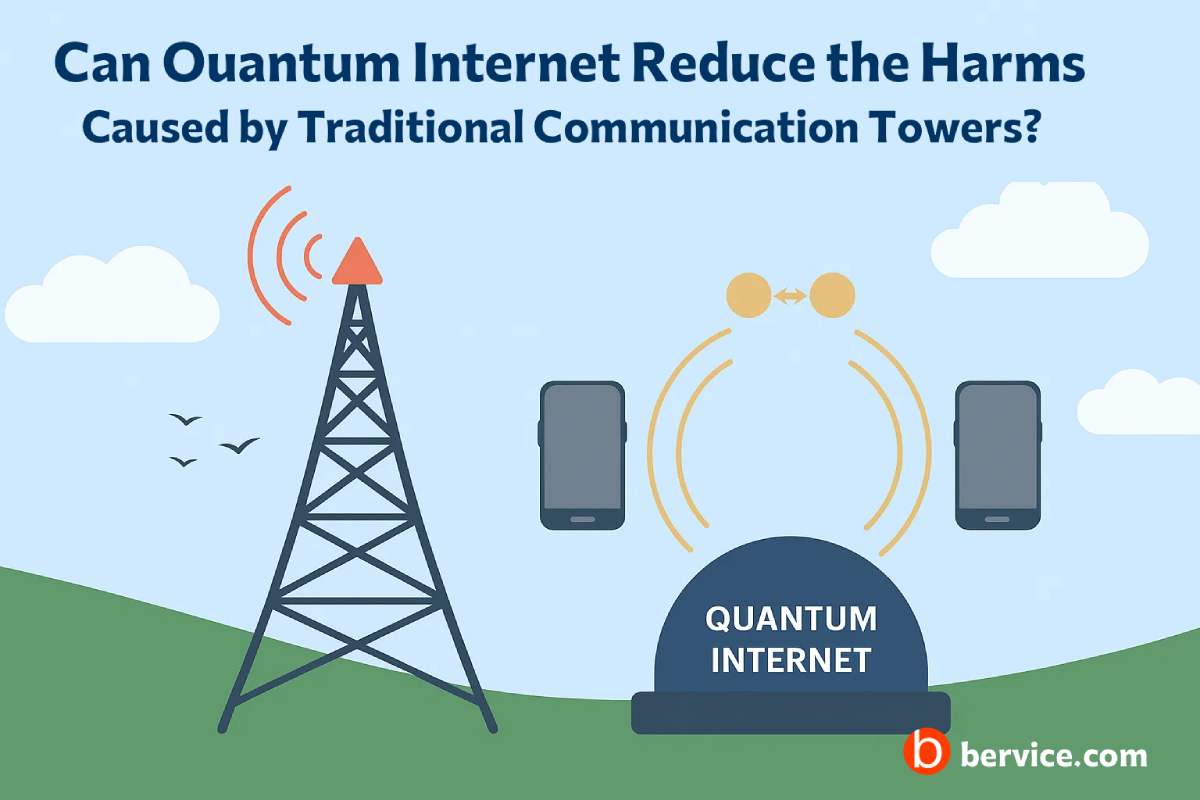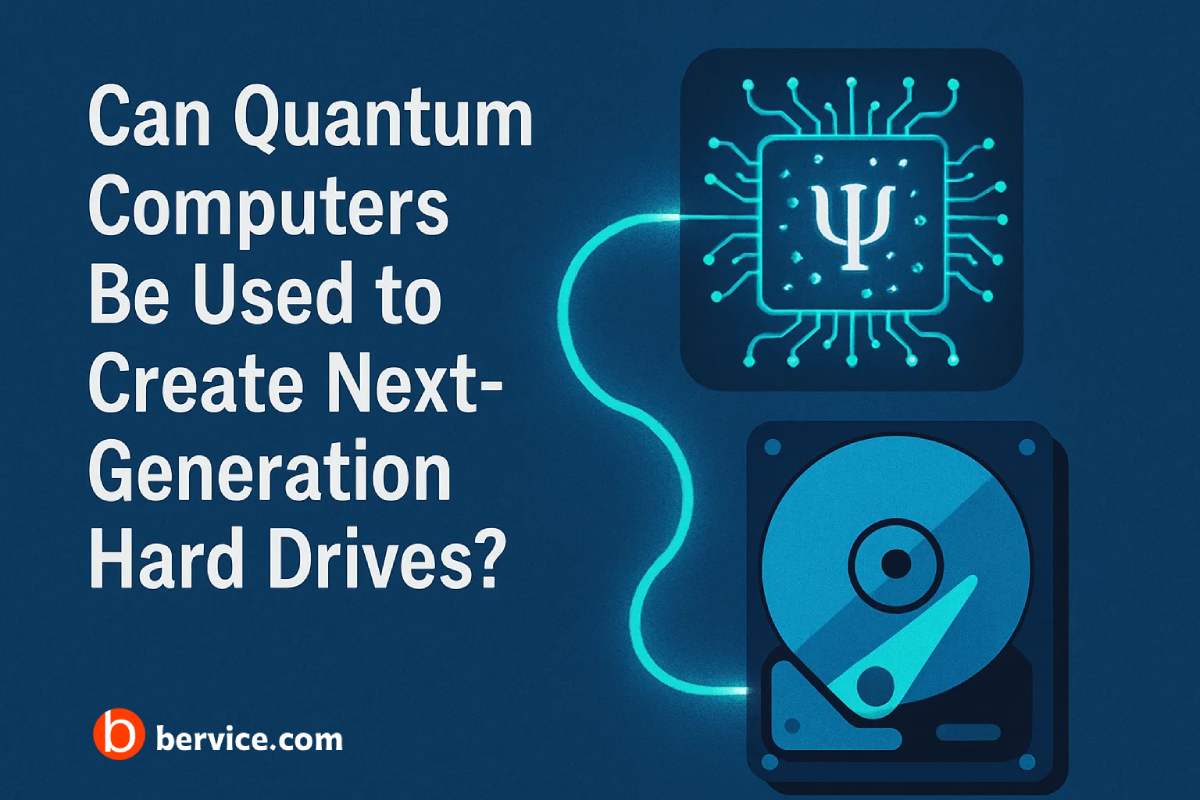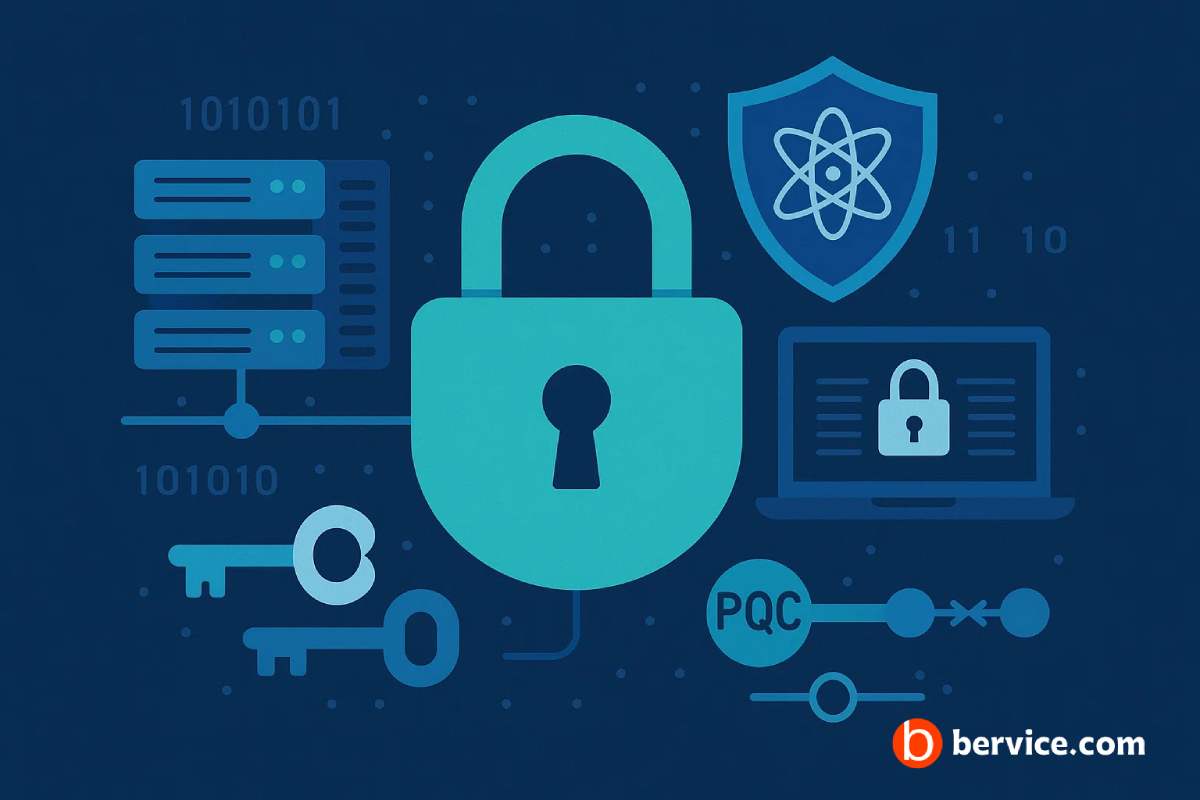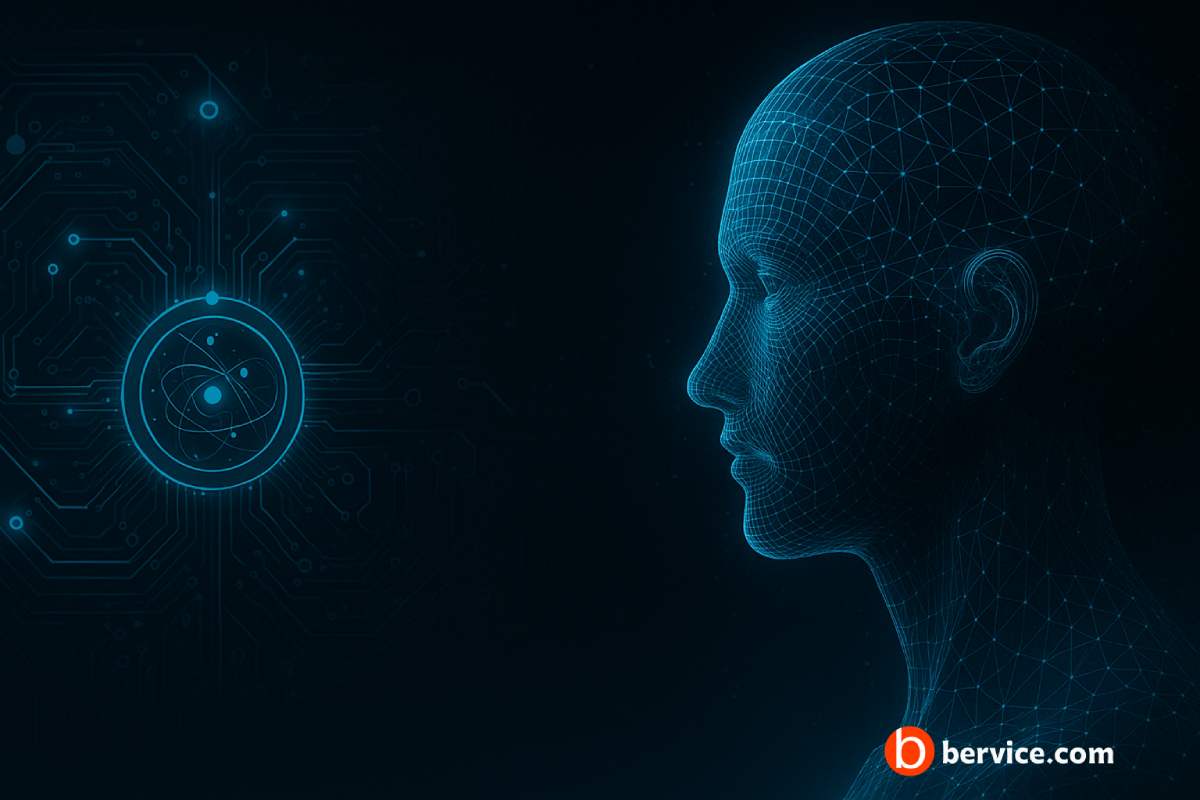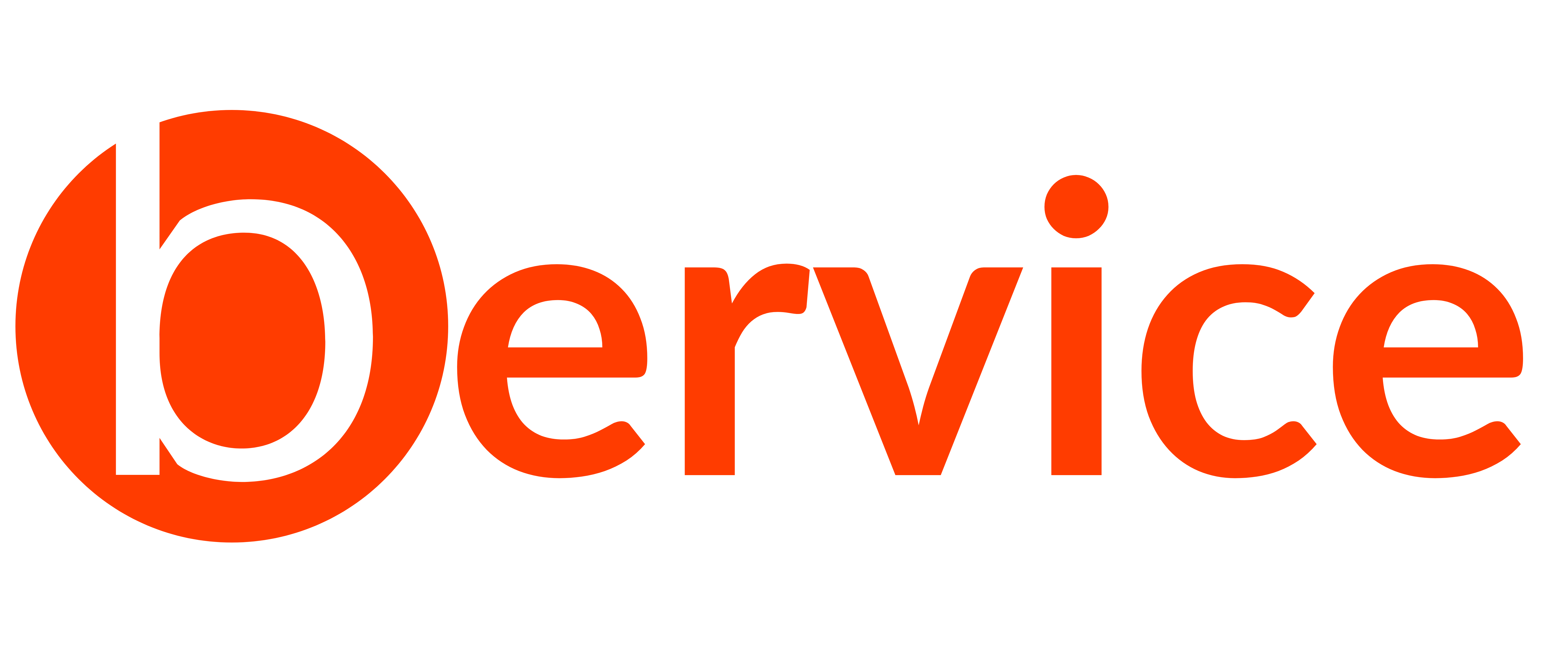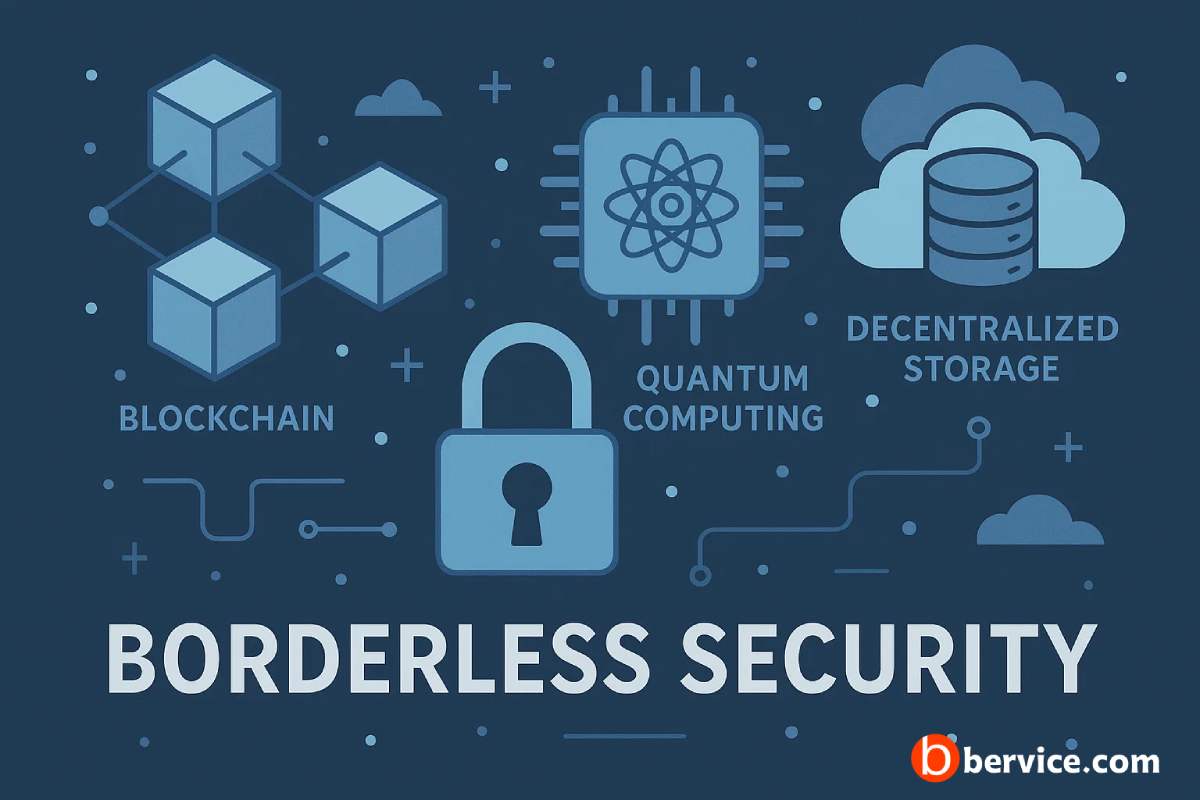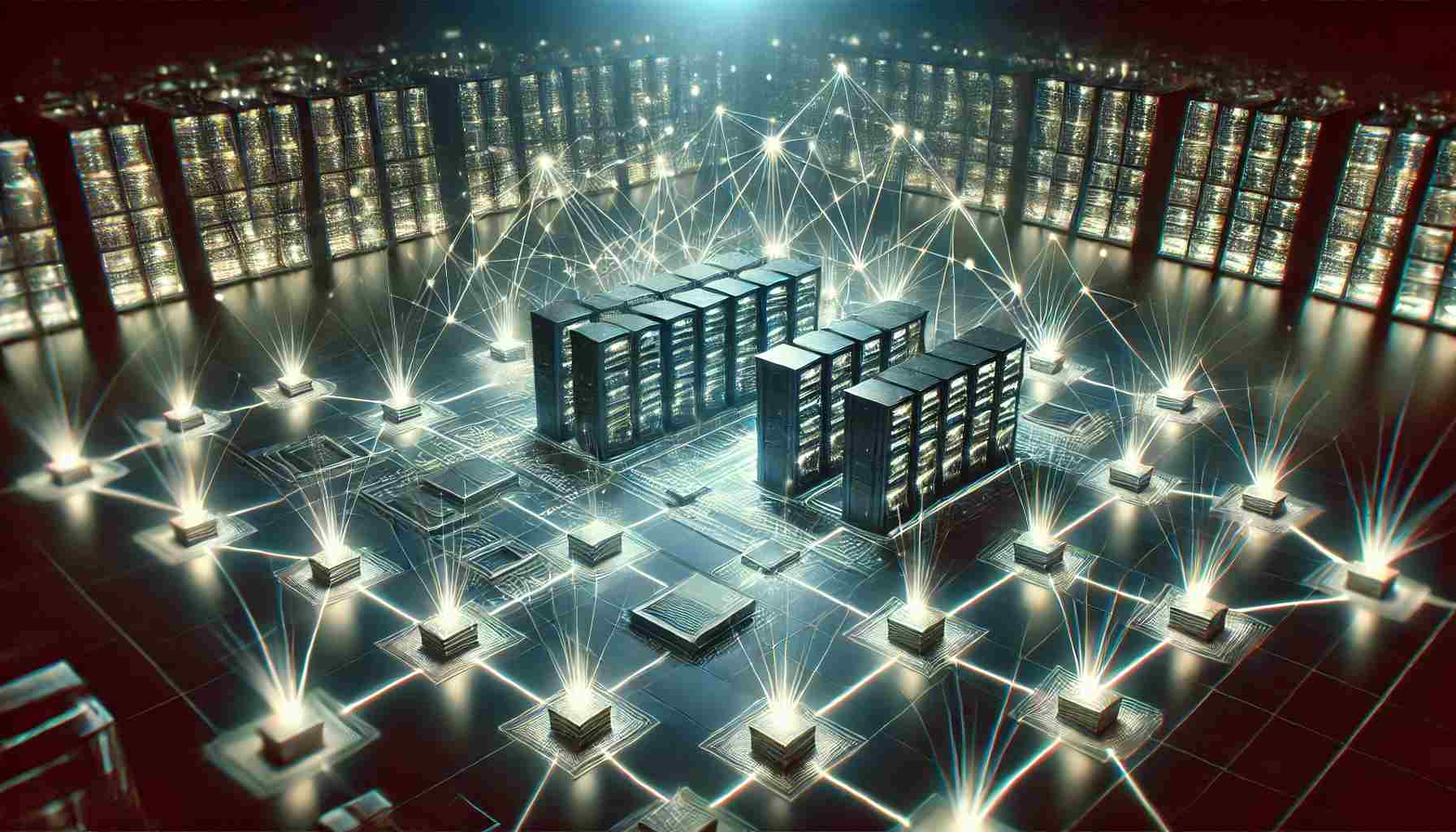
In recent years, as we dive deeper into the digital age, the question of data storage and its future has become an increasingly hot topic. Traditionally, we’ve relied on physical hard drives or cloud storage, but could there be a new, more innovative solution emerging on the horizon? Enter decentralized spaces and blockchain technology—a concept that is rapidly gaining traction and has the potential to reshape how we store and share data.
The Traditional Models: Physical Hard Drives and Cloud Storage
For decades, we’ve been using physical hard drives to store data locally. These devices are secure, relatively inexpensive, and easy to use, but they come with their limitations. They’re prone to hardware failure, are limited in terms of storage capacity, and require regular backups to ensure data safety.
On the other hand, cloud storage has risen as a more scalable and flexible solution. Services like Google Drive, Dropbox, and iCloud allow users to access their data from anywhere with an internet connection. However, cloud storage also has its drawbacks. The main concern is privacy—since data is stored on centralized servers controlled by a third party, it’s vulnerable to hacking, government surveillance, and even the service provider’s own policies.
The Rise of Decentralized Storage and Blockchain
Now, imagine a world where data is stored not on a single server or within a central database, but across a vast, distributed network of computers. This is where decentralized storage solutions powered by blockchain come in. Platforms like Filecoin, Sia, and Storj are pushing the boundaries of how we think about storing data.
Instead of trusting a central provider with your data, these platforms break your files into small pieces and store them on multiple computers across the world. Each piece is encrypted and distributed, making it nearly impossible for hackers to steal or tamper with your data. Plus, the system is built to be self-sustaining, as users can even earn cryptocurrency by offering unused storage space on their devices to the network.
Blockchain’s Role in Decentralized Storage
Blockchain technology plays a crucial role in enabling these decentralized networks. With its decentralized, transparent, and secure nature, blockchain ensures that data is immutable and tamper-proof. In the context of storage, blockchain records every transaction, whether it’s a file being uploaded, downloaded, or shared, ensuring that data integrity is maintained throughout the process.
By using smart contracts, blockchain can automate the process of storing and retrieving data, guaranteeing that users will only pay for the storage they use, and that they have complete control over their data at all times. This means you no longer have to rely on third-party providers who might change their terms or go out of business. The data is yours, and you control how it is stored, shared, and accessed.
Advantages of Decentralized Storage over Traditional Systems
- Increased Security: Since data is encrypted and distributed across multiple nodes, the risk of a single point of failure is eliminated.
- Better Privacy: You have control over your own data, which is no longer stored on centralized servers controlled by third parties.
- Censorship Resistance: No single entity can shut down the network or prevent access to your data, making it much more resistant to censorship.
- Scalability: Decentralized storage can easily scale as demand grows, with the network adapting to increased storage requirements in real time.
- Cost-Effective: As more users contribute storage space to the network, the cost of storage could decrease, providing a more affordable alternative to traditional cloud services.
Challenges and Considerations
Of course, decentralized storage isn’t without its challenges. One of the main issues is adoption. For this technology to become mainstream, more users and businesses need to trust and participate in these decentralized networks. Additionally, the infrastructure and user experience still need to be refined to make decentralized storage as easy and convenient as cloud storage.
Moreover, because blockchain is a relatively new technology, regulatory concerns and scalability issues still need to be addressed. But as the technology matures, it’s likely that these obstacles will be overcome, opening up new possibilities for data storage and privacy.
The Future of Data Storage: A Decentralized World
Looking ahead, the rise of decentralized storage and blockchain is poised to challenge the dominance of physical hard drives and traditional cloud providers. As more people become aware of the benefits—particularly in terms of security, privacy, and control—it’s not far-fetched to envision a future where blockchain-powered decentralized storage networks become the go-to solution for individuals and businesses alike.
In conclusion, the future of data storage is decentralized, and blockchain is leading the way. The evolution from traditional hard drives and cloud storage to decentralized spaces offers exciting new possibilities, and it’s clear that we’re on the cusp of a major shift in how we think about storing and managing our data.
Connect with us : https://linktr.ee/bervice
